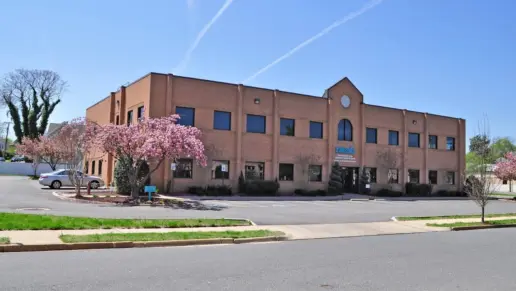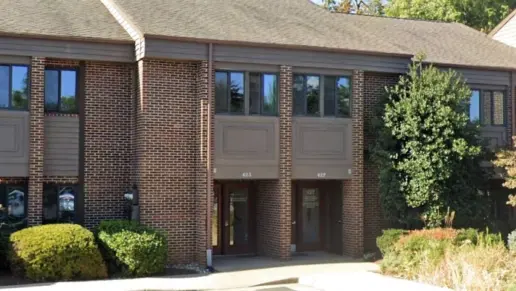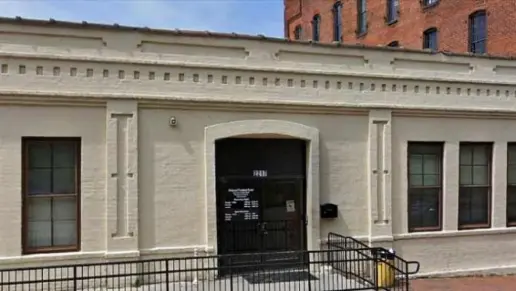I pray for this organization and the ppl who run it. God is not here. Exploitation of addicted individuals for wealth, power, and fame is the name of their game.. all while hiding behind the cross, no less. Smh. Once there, clients are at their "mercy." Forget about medica ...
About New Life For Adults and Youth
The Mercy House at New Life For Youth is a faith based alcohol and drug addiction recovery center in Richmond, Virginia. They exclusively serve women with a program based on love, accountability, and excellence rooted in Biblical teaching and God’s love. This is a residential facility with modern amenities.
Treatment at Mercy House focuses on empowering clients and finding their inner strength and value. Their approach aims to heal clients physically, spiritually, and mentally.
The Mercy House is for adult women from all walks of life who are struggling with substance abuse. Clients live in the house for the length of treatment, which lasts between 12 and 18 months, depending on need and progress. While living at Mercy House, staff monitors and supports clients to ensure safety and success.
Mercy House’s program helps women overcome addiction by overcoming the challenges that brought them to addiction by discovering God’s love. Treatment includes counseling, mentorship, case management, parenting education, vocational education, and a recovery curriculum. Clients engage with their treatment through classes delivered in a highly structured environment.
Women leave the Mercy House with a comprehensive set of life skills that will help them healthily deal with stressful triggers, become better parents, hold jobs, and live lives free from addiction.
IOP is considered the next step down from residential care. It’s ideal for clients who are stable enough that close monitoring isn’t required but still exhibit strong symptoms. New Life For Youth offers IOP care for men and women.
Clients do not live at a recovery home or facility for IOP. Instead, they visit the facility to receive treatment, which is offered on a flexible schedule to accommodate work and classes. IOP offers treatment in the form of individual and group therapy rooted in cognitive behavioral therapy (CBT) and dialectical behavioral therapy (DBT) modalities, with focuses on anger management, communication skills, and numerous specialty groups.
Rehab Score
Gallery
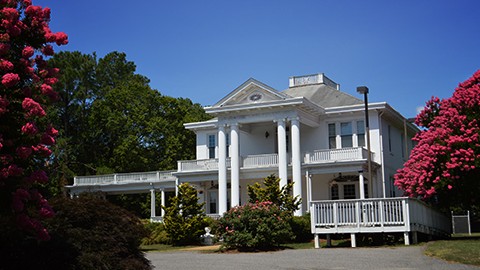
Location
Other Forms of Payment
Private insurance refers to any kind of healthcare coverage that isn't from the state or federal government. This includes individual and family plans offered by an employer or purchased from the Insurance Marketplace. Every plan will have different requirements and out of pocket costs so be sure to get the full details before you start treatment.
Self-pay involves paying for treatment out of your own pocket. You can use savings or credit, get a personal loan, or receive help from family and friends to fund your treatment. If you don't have insurance or your insurance plan doesn't cover a specific program, self-pay can help ensure you still get the care you need.
Sliding scale payments are based on a client's income and family size. The goal is to make treatment affordable to everyone. By taking these factors into account, addiction recovery care providers help ensure that your treatment does not become a financial burden to you or your family, eliminating one barrier to care.
Addiction Treatments
Levels of Care
Treatments
The goal of treatment for alcoholism is abstinence. Those with poor social support, poor motivation, or psychiatric disorders tend to relapse within a few years of treatment. For these people, success is measured by longer periods of abstinence, reduced use of alcohol, better health, and improved social functioning. Recovery and Maintenance are usually based on 12 step programs and AA meetings.
When you enroll in drug rehab in Virginia, a treatment plan is designed by professional staff in order to help you overcome drug addiction and modify addictive behaviors. This may include evidence-based treatments, group and individual therapy, and relapse prevention.
Opioid rehabs specialize in supporting those recovering from opioid addiction. They treat those suffering from addiction to illegal opioids like heroin, as well as prescription drugs like oxycodone. These centers typically combine both physical as well as mental and emotional support to help stop addiction. Physical support often includes medical detox and subsequent medical support (including medication), and mental support includes in-depth therapy to address the underlying causes of addiction.
Substance rehabs focus on helping individuals recover from substance abuse, including alcohol and drug addiction (both illegal and prescription drugs). They often include the opportunity to engage in both individual as well as group therapy.
Programs


Clinical Services
Experiential therapy is a form of therapy in which clients are encouraged to surface and work through subconscious issues by engaging in real-time experiences. Experiential therapy departs from traditional talk therapy by involving the body, and having clients engage in activities, movements, and physical and emotional expression. This can involve role-play or using props (which can include other people). Experiential therapy can help people process trauma, memories, and emotion quickly, deeply, and in a lasting fashion, leading to substantial and impactful healing.
Research clearly demonstrates that recovery is far more successful and sustainable when loved ones like family members participate in rehab and substance abuse treatment. Genetic factors may be at play when it comes to drug and alcohol addiction, as well as mental health issues. Family dynamics often play a critical role in addiction triggers, and if properly educated, family members can be a strong source of support when it comes to rehabilitation.
Group therapy is any therapeutic work that happens in a group (not one-on-one). There are a number of different group therapy modalities, including support groups, experiential therapy, psycho-education, and more. Group therapy involves treatment as well as processing interaction between group members.
In individual therapy, a patient meets one-on-one with a trained psychologist or counselor. Therapy is a pivotal part of effective substance abuse treatment, as it often covers root causes of addiction, including challenges faced by the patient in their social, family, and work/school life.
Life skills trainings involve all the skills a person must have in order to function successfully in the world. These include time management, career guidance, money management, and effective communication. Truly successful addiction recovery is based on the ability to not only live substance-free, but to thrive. Life skills teaches the practical necessities of functioning in society, which sets clients up for success in life, and therefore sobriety.
Recreational therapy (aka therapeutic recreation) uses creative and fun activities to help with addiction recovery. Recreational therapists lead patients in entertaining and engaging activities like sports or games; art (drawing, painting, sculpture); drama, music, and dance; and/or community outings (field trips) to improve patients' physical, social, and emotional well-being.
Amenities
-
Residential Setting
-
Private Setting
-
Hiking
Staff
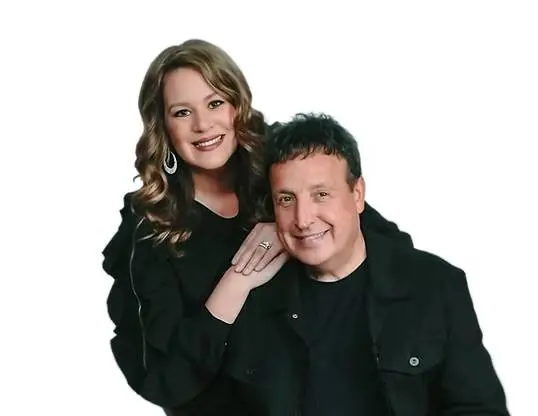
Executive Directors
Contact Information
2320 Broad Rock Boulevard
Richmond VA, 23224
